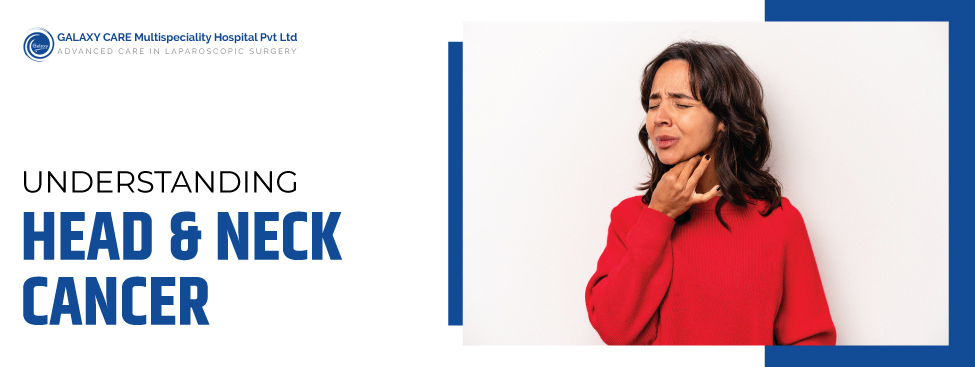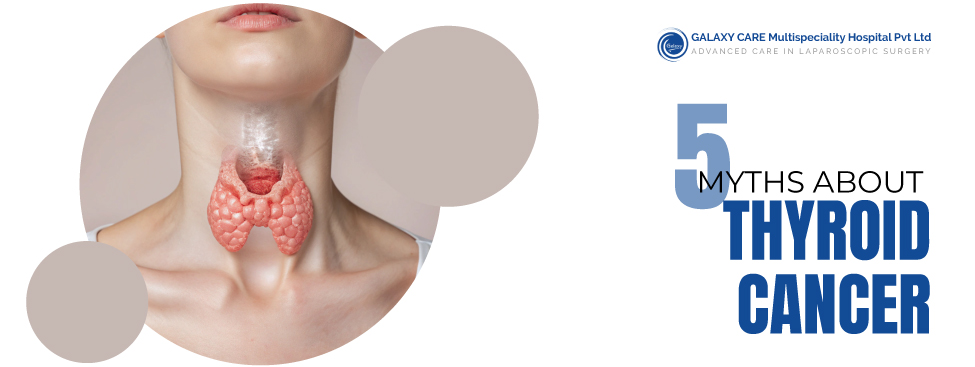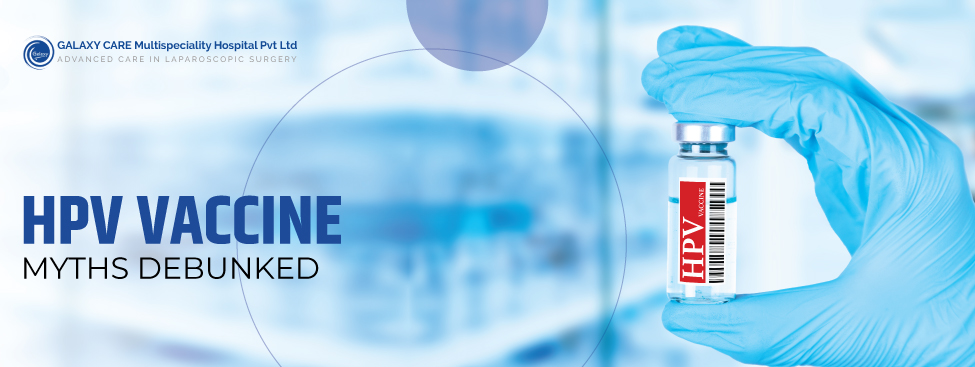
Understanding Head and Neck Cancer | Galaxy Care Hospital
Head and neck cancer refers to a wide range of cancers that start in the head and neck region. This includes cancers of the oral cavity (lips, tongue, mouth), nasal cavity, paranasal sinuses, pharynx, and larynx. These cancers are generally grouped because of their proximity and often shared risk factors.
Head and neck cancers are the sixth most common type of cancer worldwide. Studies have estimated a 12.8% increase in the annual number of cancer cases by 2025, reaching approximately 1.57 million. The most common type of head and neck cancer is squamous cell carcinoma, which originates in the flat, thin cells that line the moist, mucosal surfaces inside the head and neck area. Let’s dive deep into this topic for understanding head and neck cancer and learn about the different locations of head and neck cancers.
Common Locations of Head and Neck Cancer
- Oral cavity cancer – Starts in the lips, tongue, gums, inside of the cheeks, floor of the mouth, or hard palate.
- Oropharyngeal cancer – Starts in the back of the throat, including the base of the tongue, soft palate, tonsils, and side and back wall of the throat.
- Laryngeal cancer – Starts in the voice box or larynx.
- Nasal cavity and paranasal sinus cancer – Starts in the nasal cavity (the space behind the nose) or the sinuses around it.
- Nasopharyngeal cancer – Starts in the nasopharynx, which is the air passageway at the back of the nose, above the soft palate.
Risk Factors for Head and Neck Cancer
The exact causes of head and neck cancer are not fully understood, but several known risk factors can increase a person’s chances of developing it:
Tobacco Use
Tobacco use, including smoking and chewing tobacco, is the single biggest risk factor for head and neck cancers. Tobacco use, especially in combination with heavy alcohol consumption, significantly increases the risk of developing these cancers.
Alcohol Consumption
Heavy, long-term alcohol consumption is another major risk factor for head and neck cancers. The combination of tobacco and alcohol use greatly increases the risk.
Human Papillomavirus (HPV) Infection
Infection with certain strains of the human papillomavirus (HPV), particularly HPV-16, is a risk factor for certain types of head and neck cancers, especially oropharyngeal cancers.
Sun Exposure
Excessive, long-term exposure to ultraviolet (UV) radiation from the sun or tanning beds can increase the risk of lip and other oral cavity cancers.
Poor Oral Hygiene
Poor oral hygiene and dental care has been linked to a slightly increased risk of head and neck cancers, especially oral cavity and oropharyngeal cancers.
Family History
People with a close blood relative (parent, sibling, or child) who has had head and neck cancer may have a slightly higher risk of developing these cancers themselves.
Diet and Nutrition
Some studies suggest that a diet low in fruits and vegetables may slightly increase the risk of head and neck cancers.
It’s important to note that having one or more risk factors does not mean a person will develop head and neck cancer. Likewise, people without any known risk factors can still develop these types of cancers. Regular check-ups and preventive care are important for everyone.
Key Symptoms of Head and Neck Cancer
The symptoms of head and neck cancer can vary depending on the exact location and stage of the cancer, but some of the most common symptoms include:
- A sore or growth in the mouth that does not heal
- A lump or mass in the neck
- Persistent cough or hoarseness of the voice
- Difficulty swallowing or pain when swallowing
- Unexplained weight loss
- Frequent nosebleeds or nasal blockage
- Ringing in the ears or hearing loss
- Persistent sore throat or earache
It’s important to note that these symptoms can also be caused by other, less serious conditions. However, if you experience any of these symptoms, it’s important to see a doctor right away for proper evaluation and diagnosis. The key to overcoming starts with understanding head and neck cancer.
Treatment Options for Head and Neck Cancer
The treatment for head and neck cancer will depend on the type, location, and stage of the cancer, as well as the overall health of the patient. Some of the most common treatment approaches include:
Surgery
Surgery is often the first-line treatment for head and neck cancers, especially in the early stages. Surgical options may include:
- Removing the tumor and surrounding tissue
- Removing lymph nodes in the neck (neck dissection)
- Reconstructive surgery to restore appearance and function after tumor removal
Choose the best oncosurgeon in Pune for your Head and Neck Cancer Surgery. Book your appointment at Galaxy Care Hospital, Pune.
Radiation Therapy
Radiation therapy uses high-energy particles or waves, such as X-rays or protons, to destroy cancer cells. It may be used alone or in combination with other treatments, such as chemotherapy or surgery. Radiation therapy can be delivered externally (from a machine outside the body) or internally (from radioactive materials placed directly into or near the tumor).
Chemotherapy
Chemotherapy uses anti-cancer drugs that are injected into the bloodstream or taken orally. It can be used alone or in combination with other treatments, such as radiation therapy or targeted therapy. Chemotherapy is often used to treat advanced or recurrent head and neck cancers.
Targeted Therapy and Immunotherapy
Targeted therapy drugs target specific molecular changes in cancer cells that help them grow and survive. These drugs may be used alone or in combination with other treatments, such as chemotherapy or radiation therapy.
Immunotherapy uses the body’s immune system to fight cancer. It may be used alone or in combination with other treatments, such as chemotherapy or radiation therapy.
Choose the Best Cancer Hospital in Pune
Head and neck cancers are a serious and complex group of diseases that require specialized care and treatment. At Galaxy Care Hospital, the Best Cancer Hospital in Pune for head and neck cancer, we have a dedicated team of oncologists, surgeons, and supportive care specialists who are experts in the diagnosis and management of these cancers.
Our hospital is equipped with the latest technologies and treatment modalities, including advanced laparoscopic and robotic surgery and cutting-edge radiation therapy. We take a multidisciplinary approach to care, working closely with each patient to develop a personalized treatment plan that addresses their unique needs and goals.
If you or a loved one has been diagnosed with head and neck cancer, we encourage you to reach out to the cancer care team at Galaxy Care Hospital. Our experienced oncologists in Pune are committed to providing the highest quality of care and support throughout the entire treatment journey. With our expertise and advanced capabilities, we are confident in our ability to achieve the best possible outcomes for our patients.


